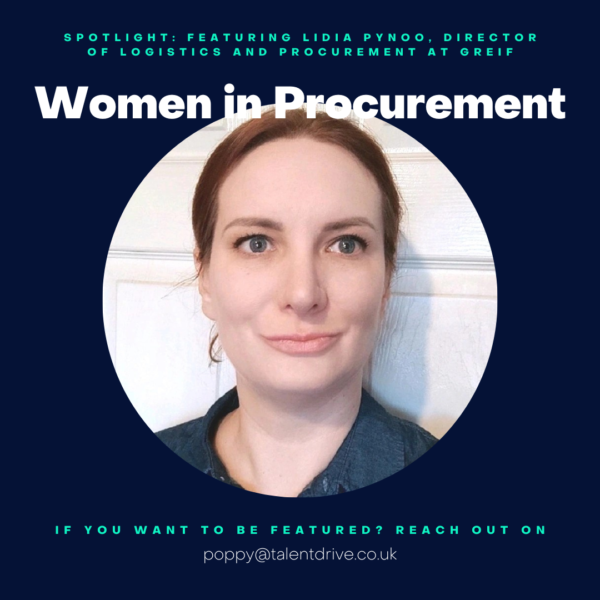“If parts of the organization need to save money and hit cost-saving targets, they come from finance. Procurement should be the team that enables you to get there.”
Where most businesses’ motivations are generally financial, one needs to take a different approach in the more philanthropic not-for-profit sector. The value added comes from a completely different operation to that of a private sector corporate. Having progressed to Head of Procurement over his 4 and a half years with Wellcome Trust, Josh Dempsey has facilitated the supply chain behind some key health campaigns, and has had to concentrate his areas of focus since the need for vaccinations and public health efforts in the past year. Josh joins Martin Smith on Talent Talks to discuss the unique challenges of governance and control in the non profit sector, working with a larger roster of suppliers than most businesses, and whether a non profit organisation should look at cost saving or adding value in the current economic climate.
This episode of Talent Talks covers:
- Key challenges facing the not for profit sector
- Managing a uniquely diverse range of stakeholders
- Operating in a function which rarely stays with one supplier
- Cost saving vs adding value – which is better to focus on?
- Josh’s desire to see more collaboration
This episode of Talent Talks is sponsored by Suppleye – a free to access platform that provides fresh insights, breaking news and unique sentiment scores on the companies that interest you. Know your suppliers inside and out by visiting https://www.suppleye.com/ and signing up in less than 2 minutes.
Links & references
- Josh Dempsey, Head of Procurement at Wellcomehttps://www.linkedin.com/in/joshwdempsey/
- Wellcome Trust
- Martin Smith, Founder & Director of Talent Drive
Episode highlights
“There’s been a number of high profile challenges non profit organisations have had. If you look back at the root cause of where they’ve come from, it’s usually somewhere between the governance and controls not having the right frameworks in place in order to safeguard either individuals, employees or externals, however it might be positioned.” – 4:39 – Josh Dempsey
““One of the key things when I started Wellcome was actually trying to work out how we can get the procurement agenda out into the organization and actually be recognized as a team and work out how we are going to approach this. So I chopped everything up into three types of functions, actually spoke to them and worked out actually what works for each of them. ” – 11:07 – Josh Dempsey
“We do such a breadth of stuff. Actually a lot of our procurement, which is very different to wherever I’ve worked before, has been non-repeat business.” – 17:42 – Josh Dempsey
“What I’m always stressing to my team is, actually, running an RFP every time probably isn’t the best solution. It might be a good solution in some instances. But if you’re buying professional services with quite a vanilla requirement that any of the Big Four, or people underneath might be able to do, then actually spending four weeks running a tender process probably isn’t your best bet.” – 23:34 – Josh Dempsey
“If I think back to working with retail clients, they were going through a tough time when I was working with them 4/5 years ago, and they’re going through an even more rough time now. If anyone’s got bricks and mortar retail they are in dire straits, and there’s no real light at the end of the tunnel moment.” – 32:45 – Josh Dempsey
“If parts of the organization need to save money and hit cost saving targets, they come out of finance. So ultimately that’s a financial demand that should be either overlaid on budgets or set as a target, or however it’s consumed within the organization. Then procurement should be the team that enables you to get there.” – 35:50 – Josh Dempsey


